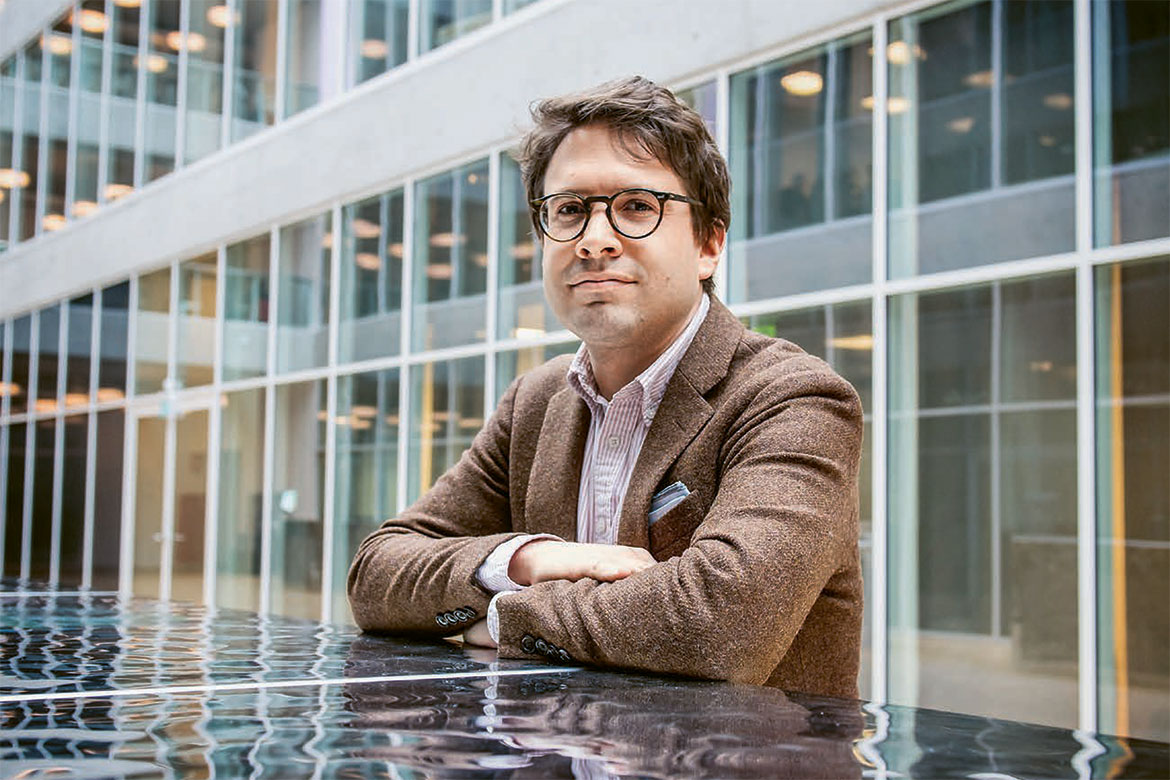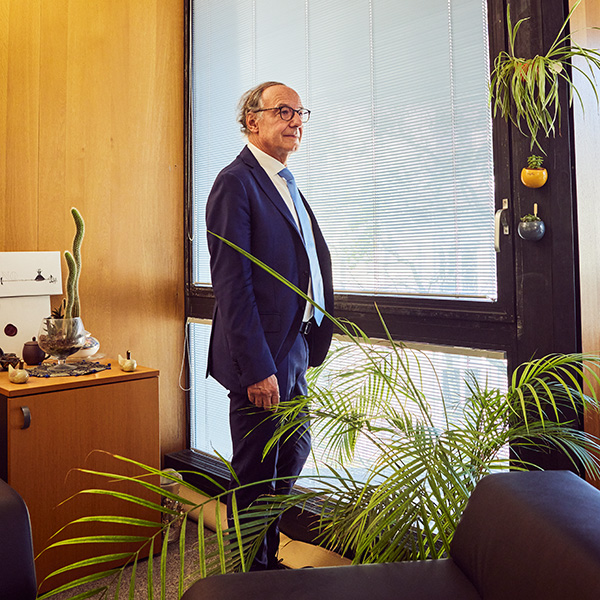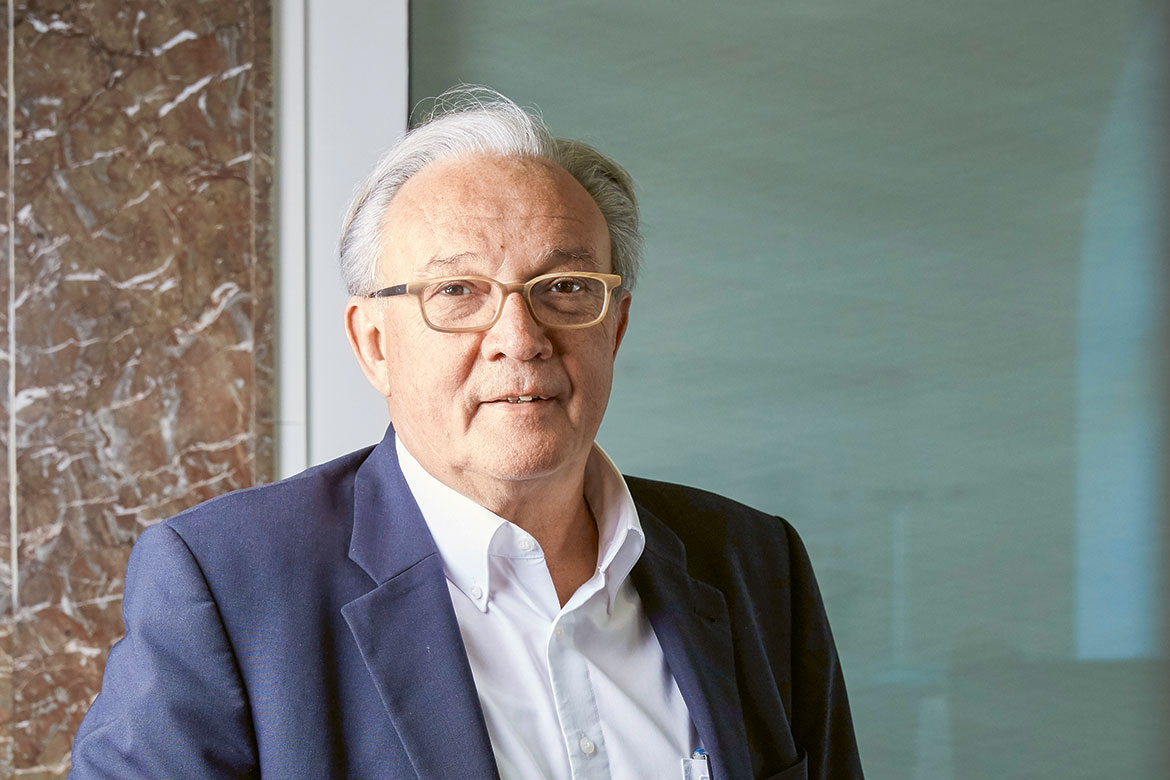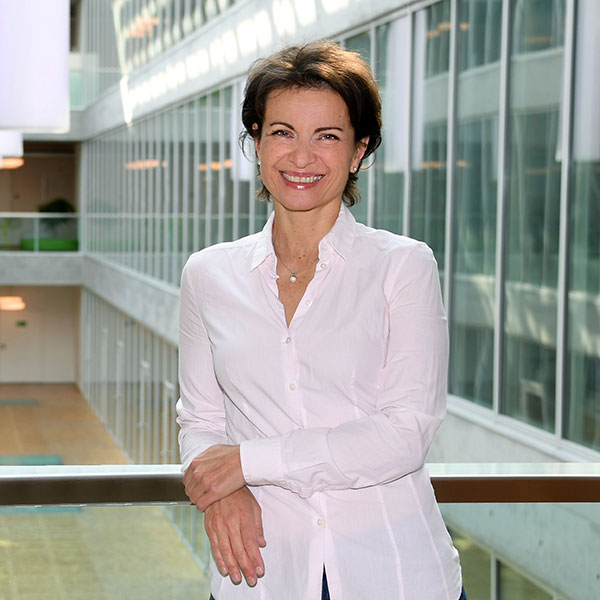Politician and political scientist
Romain Felli studies institutional climate change discourse. He also sits on his local council in Lausanne. We meet a researcher who’s not afraid of mixing genres.

Valérie Chételat
Romain Felli first wanted to be a notary “to earn a lot of money”, then a geographer to preserve nature, and finally a civil servant in the European institutions. He tried his luck at skiing too, although his “elegant but not fast” moves took him no higher than second place in the special slalom of French-speaking Switzerland. Finally, he realised that nothing fascinated him more than research. The pieces of the puzzle are now interwoven: Felli studies climate change policy. He’s currently an assistant lecturer at the University of Lausanne and a lecturer at the Institute of Environmental Sciences of the University of Geneva. He’s an elegant thirty-year-old known for his bow ties, and he spends his working hours analysing what international institutions are doing to protect the environment.
His work is at odds with the standard discourse on global warming. “In fact, current political governance is in no way able to limit the rise in temperatures”, he says. “The dominant model does not dispute the orientation towards environmentally destructive growth, but rather intends to draw opportunities from it. This can be seen in adaptation programmes that seek to expand market mechanisms, for example through private micro-insurance programmes for small farmers”.
Felli is the son of a former director of the Alpine ski school in Leysin, Vaud, and he first became interested in climate change when he saw that the resort was threatened. “I realised it was going to happen, neither far away nor in the distant future, but in an environment I was familiar with”.
For the past ten years or so, Felli has been working on the discourse on the subject, such as the way in which ‘climate refugees’ have become ‘migrants’. He then turned his attention to the now omnipresent concept of ‘resilience’, which promotes adapting to global warming rather than combatting it.
“His work is totally innovative”, says Géraldine Pflieger, the director of the Institute of Environmental Sciences at the University of Geneva. “Just reading it changes your world view”. She considers Felli to be “an atypical researcher who combines both a critical approach and methodological rigour, while being a brilliant theorist”.
Felli is currently analysing the World Bank’s discourse on resilience and deciphering the sociology of the experts involved. Three quarters of them went through the same English or American universities”, he says. “Yet many studies in this area have shown the importance of local knowledge”. Felli refuses to be a catastrophist, but looks harshly upon the call for adaptation, behind which “lies a major political failure, that is, not having succeeded in changing the economic structures driving the overexploitation of resources”. This trend abides by the neo-liberal logic of ‘better adapted = better off’. “Measures to reduce greenhouse gases benefit everyone, while adaptation measures benefit only those implementing them”.
A researcher on the city council
Felli avoids being an easy target for reproach and criticism by putting his own skin in the game. Two Tuesday evenings of every month he switches from theory to practice, as councillor of a local authority in Lausanne. What’s more is that the bright-eyed Felli has broken away from his liberal family tradition, having been a Socialist Party member since 2007.
Felli sits on the financial sub-committee for industrial services, which is mandated to lead the energy transition in Lausanne. Despite his climate change expertise, he has refrained from acting as a specialist. What has been brought to his attention through his research, however, are certain points, such as “possible measures against the formation of heat islands during heat waves”. As the father of a five-year-old boy, he has proposed the installation of paddling pools in public parks and the planting of urban orchards. The president of the Lausanne Socialist Party, Benoît Gaillard, sees Felli as “a true social democrat, just as interested in changing things in the here and now, as in changing ideals in the longer term”.
It’s not just his academic work that influences his political activities; the opposite is also true: “My election to the local council has made me very aware of the difficulties faced by coalitions and political and economic constraints that come with institutional structures”. Felli is barely concerned that the two roles are “not watertight”. On the contrary, he sees them as “mutually beneficial”, provided that the nature of each institution is respected and “the respective roles assumed are well understood”.
Felli does not fear for the supposed neutrality of research. “My projects focus on elements that I consider politically important, but that does not influence the direction of my research”. In his view, neutrality is less important than explaining points of view and methods, bearing in mind his aim of research reproducibility. “By following my approach, a person of another political orientation should achieve the same results, even if he or she might not have asked the same question in the beginning”.
If there is one question that is rarely directed at Felli, it’s about leisure time. Even so, when his commitments do afford him time off, he shares his life with a social scientist, and skis with his son on the trails of his native Leysin. For as long as the snow is still there.
Martine Brocard is a journalist who lives in Lausanne.




